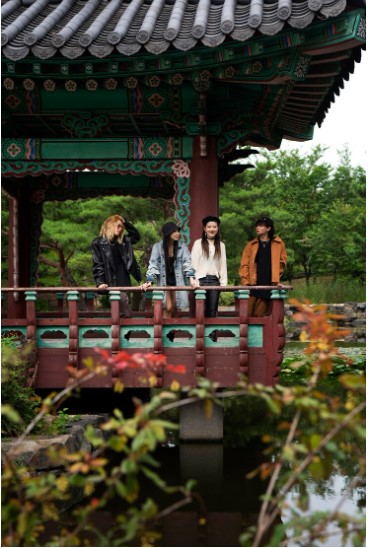The Korean culture is immensely rich and diverse, offering a unique blend of ancient traditions and modern practices. Central to the Korean societal fabric are the family dynamics, which are often reflected through respectful titles used within a family. One such title, Ahjussi, stands as a testament to the significance of familial relationships in Korean culture. The term Ahjussi is commonly used to address an older male relative or sometimes, even a male stranger in a respectful manner, similar to saying ‘Uncle’ in English. This term not only holds linguistic importance but also mirrors the deep-rooted respect for elders inherent in Korean culture.
Korean language is rich in familial titles, each denoting a specific relationship and reflecting the Confucian values that underline Korean society. Learning how to say Uncle in Korean can be an insightful journey into understanding the nuances of respect, hierarchy, and familial bonds in Korea. The term Ahjussi, is often used in daily conversations, showcasing the friendly and respectful societal interactions common in Korea.
In a compelling article by Chris the intricacies of the term Ahjussi are explored. Chris delves into the etymology, usage, and the cultural significance of the term, providing readers with a glimpse into the Korean way of life. The article also illuminates the contrast between Western and Korean societal norms, especially in the way family members and elders are addressed and respected.
The Korean language is not merely a tool for communication but a reflection of the society’s values, ethics, and hierarchies. Each title, each term used to address a family member carries with it a history and a set of expectations that both parties are expected to uphold. This emphasis on familial titles and respectful address is a beautiful aspect of Korean culture, one that fosters a sense of community, respect, and belonging.
Ahjussi is more than just a term; it’s a recognition of a person’s place within the social and familial hierarchy. It embodies the Korean people’s respect for elders and the importance of maintaining harmonious familial relations. Chris’s exploration of the term not only educates readers on Korean language but also invites them to appreciate the beauty and depth of Korean culture.
As globalization bridges the gap between different cultures, understanding and appreciating the linguistic and cultural nuances of terms like Ahjussi can foster a greater sense of global community. Chris’s article serves as a window into Korean culture, encouraging readers to delve deeper into the beautiful intricacies of familial respect and the Korean language.
In conclusion, the Korean culture, rich in tradition and modern practices, offers a unique perspective on family, respect, and societal interactions. The term Ahjussi, akin to Uncle in English, is a beautiful representation of these cultural values. Through Chris’s insightful exploration, readers are invited to delve into the Korean language and culture, fostering a greater understanding and appreciation for the societal norms that bind the Korean community together.





